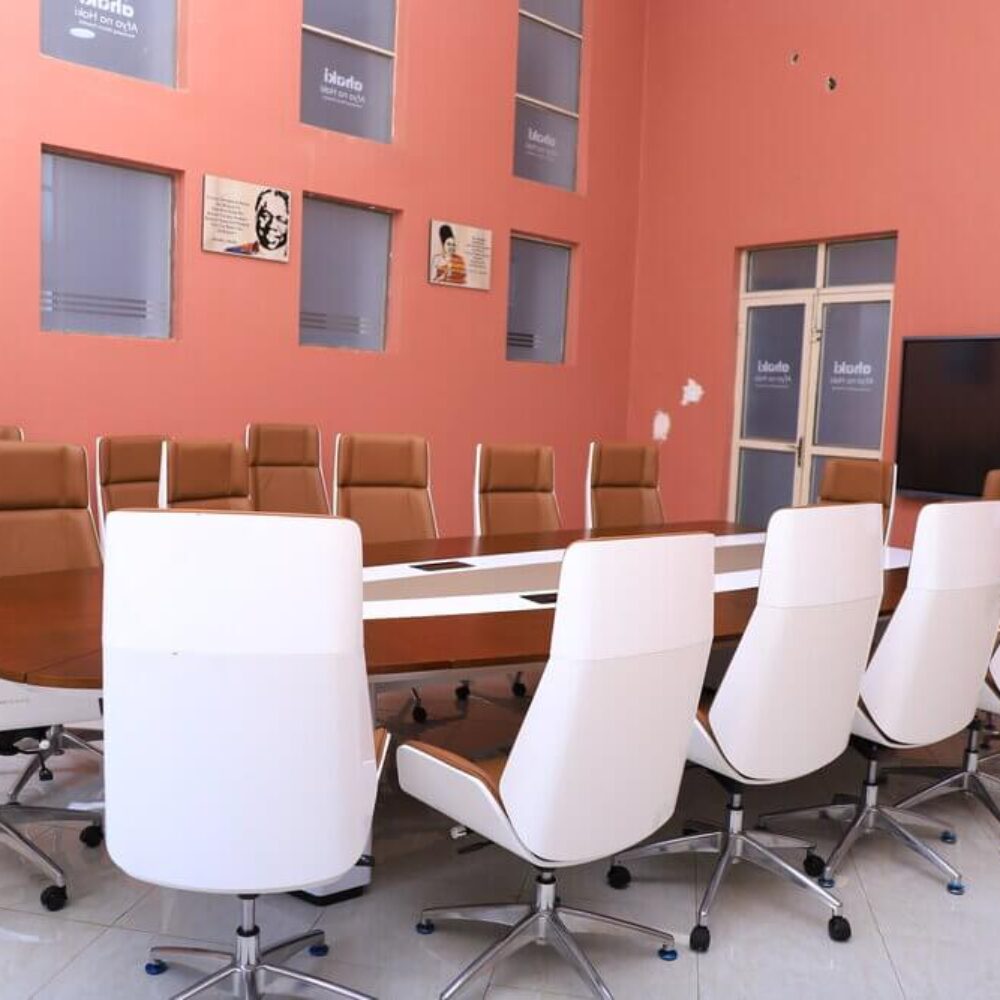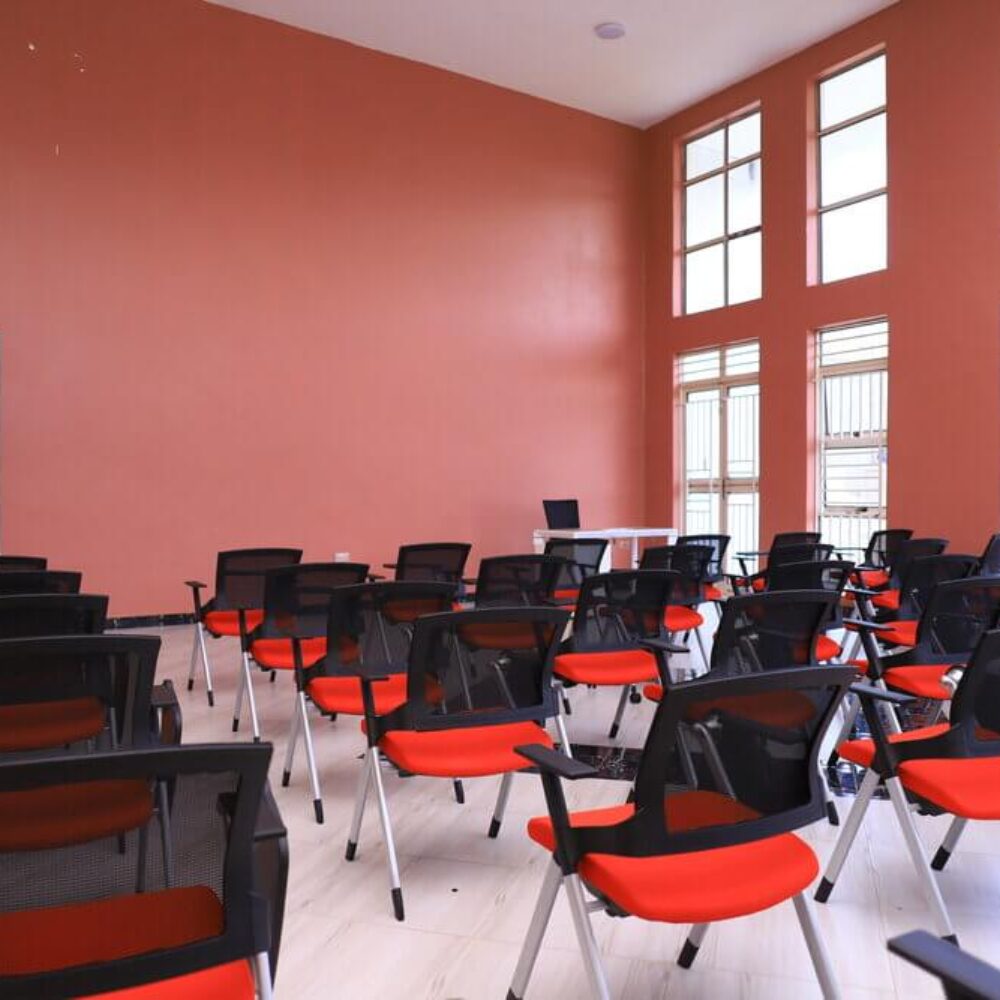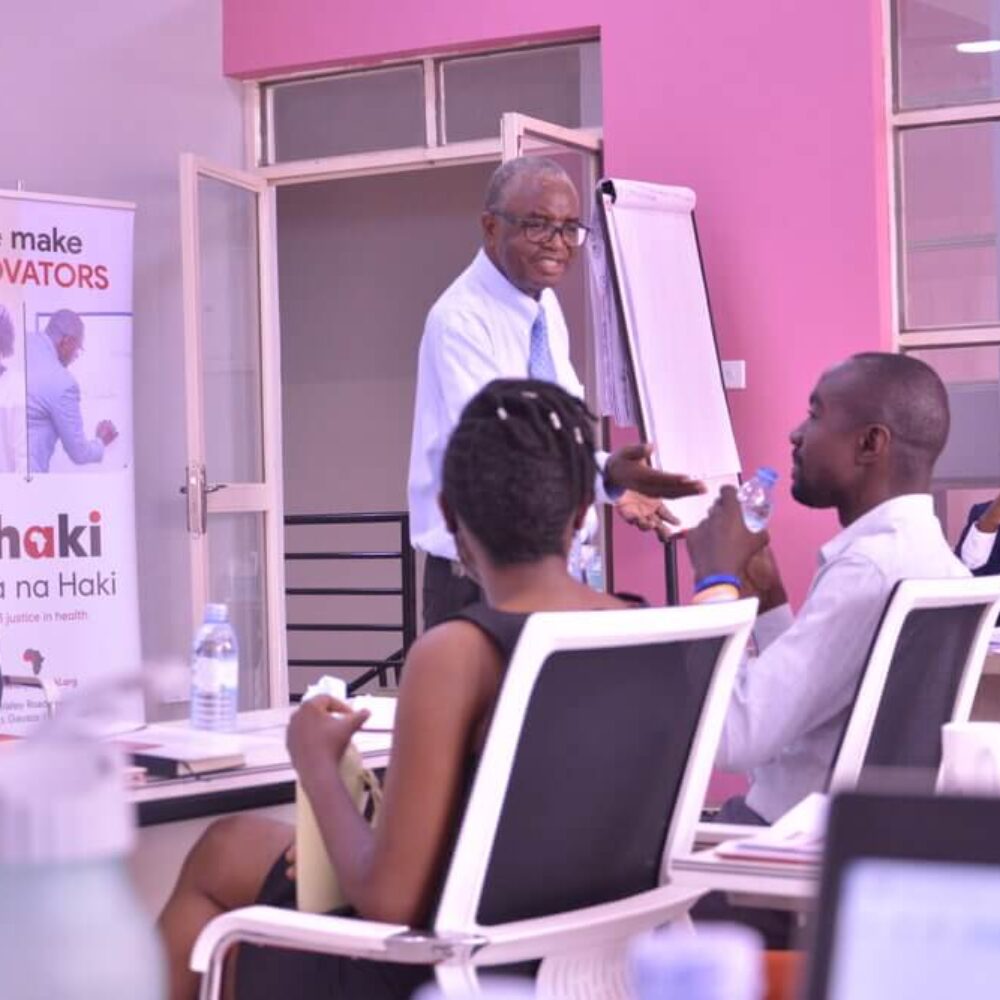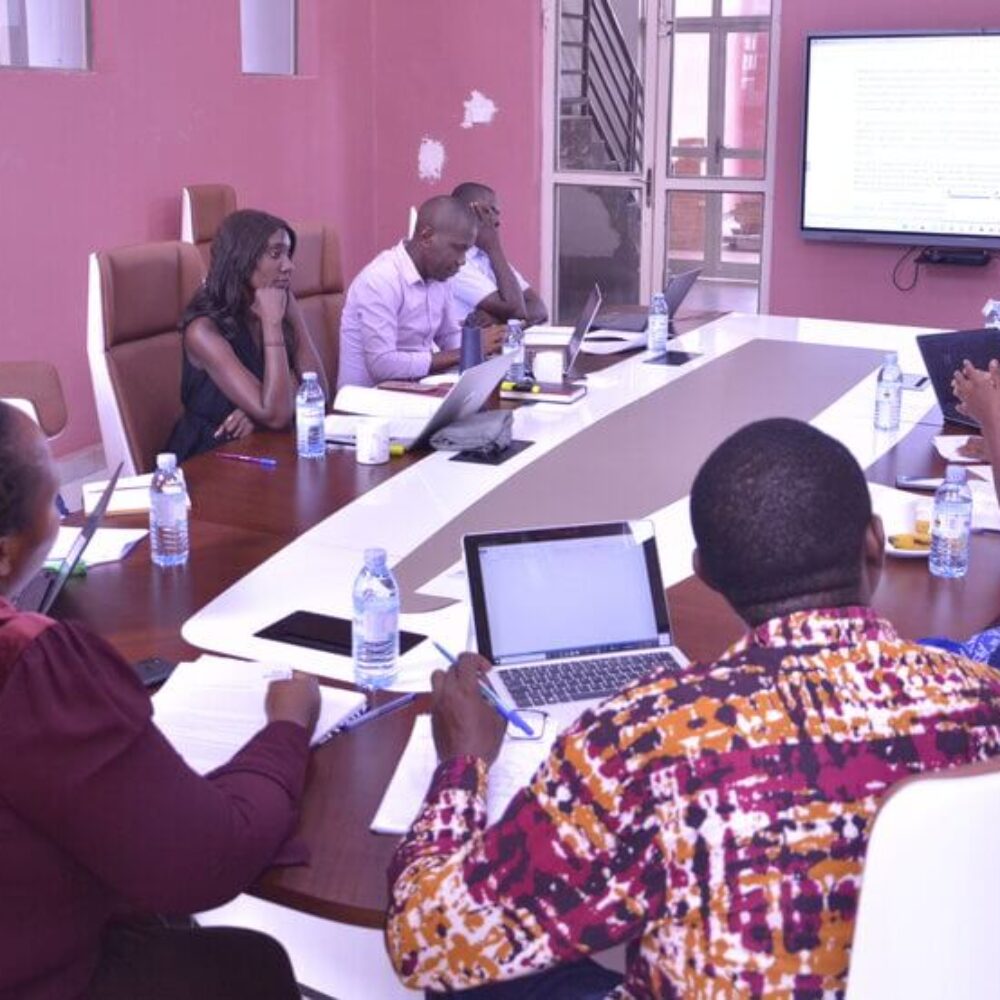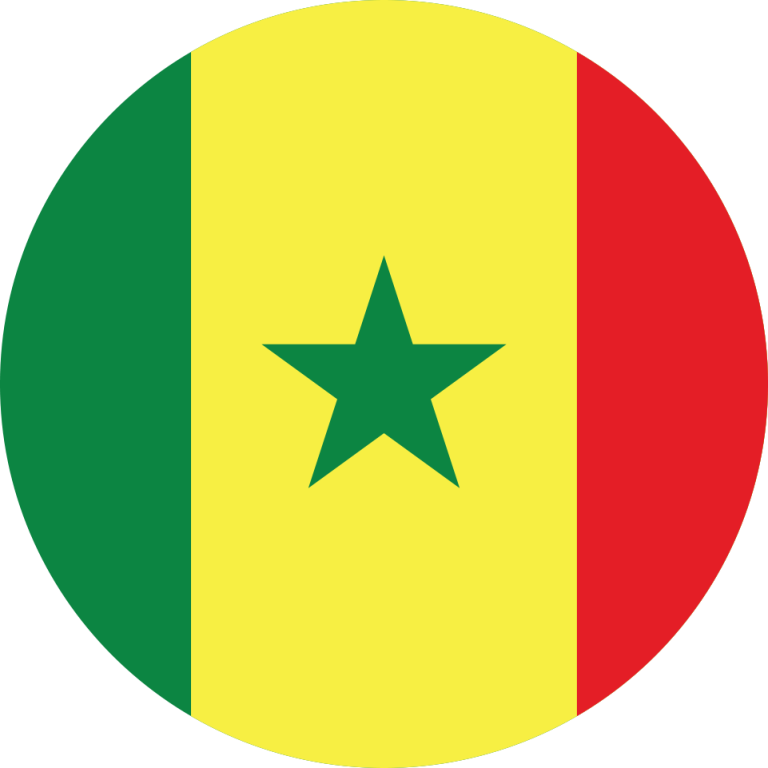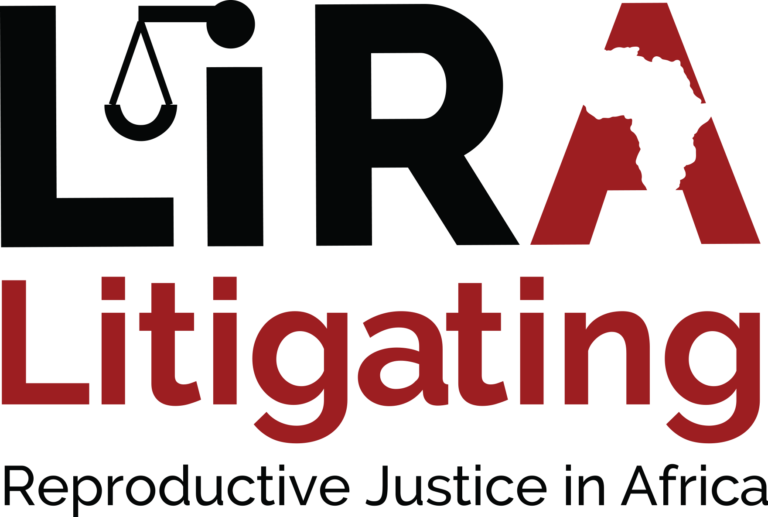Senegal
Acts
Cases
Policies
1. Restrictions on Sexual and Reproductive Rights
Article 305 of the country’s Criminal Code prohibits abortion. Any woman who had an abortion or tried to get an abortion may be sentenced to six months to two years in jail, in addition to paying a fine. Article 305 also punishes any person who assists in abortion with a jail term of up to ten years plus a fine. This specifically includes doctors, pharmacists, herbalists, and sellers of surgical instruments, and requires that the professional licenses of guilty individuals be suspended. This leads to a situation where doctors either refuse to provide care and treatment for women who have attempted to abort in non-medical settings for fear of professional reprisals. It is an offense to persuade a woman to get an abortion even if the abortion does not happen. This implicates those who speak in public, post signs and distribute material encouraging safe termination of pregnancies.
Abortion statistics in the country make for grim reading: 31 percent of all pregnancies are unintended while 24 percent of all unintended pregnancies end in induced abortions; 60 percent result in unplanned birth and 16 percent end in miscarriages. 51,500 induced abortions were recorded in 2012 (the last date of available statistics) translating to 17/1000 women aged between 15-44 years terminating pregnancies. 63 percent of abortions are performed by untrained individuals and are very high risk, 38 percent by traditional healers and 21 percent by the women themselves. As noted above, Senegal’s criminal code prohibits termination of pregnancy, and the code of medical ethics allows an abortion if three doctors testify that the procedure is necessary to save a pregnant woman’s life. A direct result of this status quo is in the fact that 19 and 3 percent of women detained in the country had been detained for infanticide and abortion, respectively. Senegal ratified the Maputo Protocol in December 2004, which provides for certain conditions under which therapeutic abortion may be performed, but it made reservations to article 14 regarding the right to abortion.
CSOs in the country are continuing to actively campaign for the broadening of conditions under which women and girls can access abortion care. Advocacy Committee for Access to Safe Abortion in Senegal (ACASA) is one such initiative that’s leading the charge for abortion law reform in the country. Senegal’s president indicated early on in his presidency that he would support some changes to the country’s abortion law, particularly to allow exceptions in cases of rape and/or incest. The process of legislation is slow and the revised legislation is yet to be tabled before Parliament. L’Association des Femmes Juristes Sénégalaises, the Association of Women Lawyers, (AJS) has taken on the mantle to push directly for legal reform although it reports that it lacks the requisite funding to carry out its work.
2. Policies
The “Declaration Nationale de Politique de Population” (National Declaration of Population Policy), which aims to address population-related issues, does so by addressing family planning and reproductive health issues. It also includes provisions that aim to address issues with sterility, pregnancy monitoring, birth conditions, postnatal monitoring, and HIV/AIDS. It stipulates that extra efforts are made in the area of reproductive health, especially with reference to the National Strategy for Reproductive Health (SNSR) components, and it aims to enhance family planning, adolescent health care, raise awareness, and lower maternal mortality.
3. Cases
Senegal does not have recorded abortion-related litigation observable in the literature. However, the AJS seeks to change that. It has lobbied for a law that requires the AJS to be named as a civil party to each criminal case that involves violence against women and it plans to go to court for women who are victims of domestic violence even if the women themselves do not. An expansive reading of this provision could provide an avenue to challenge the anti-abortion law in Senegal.



